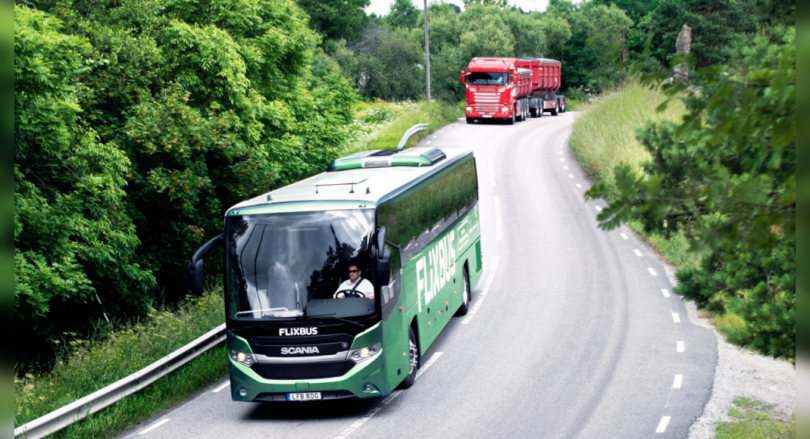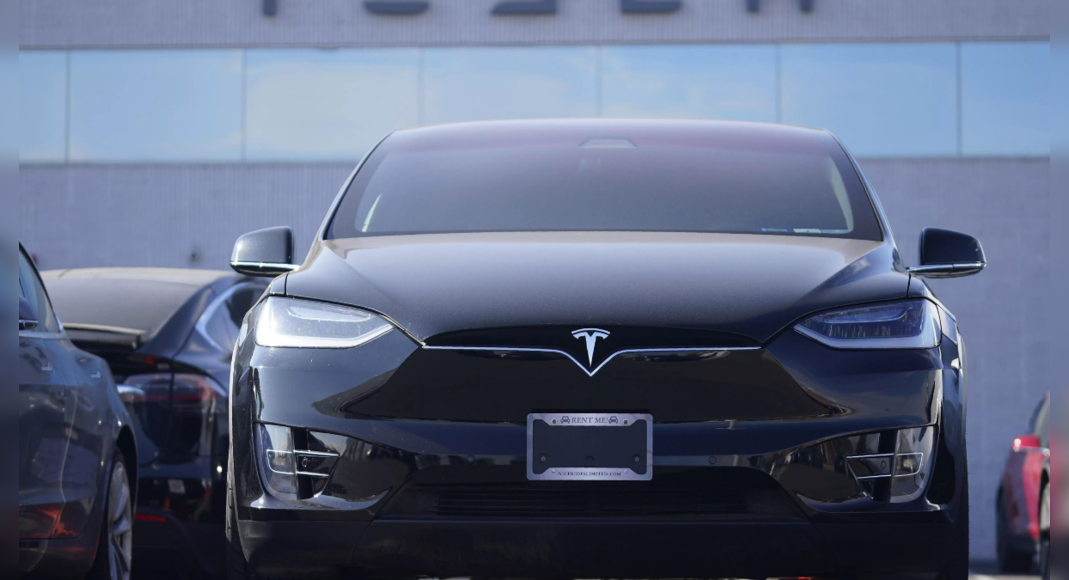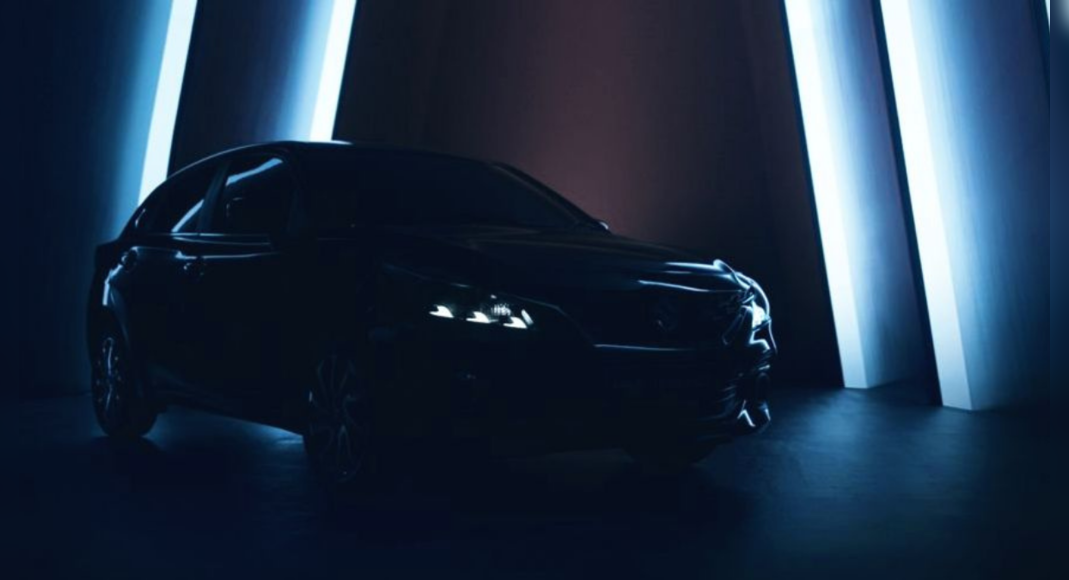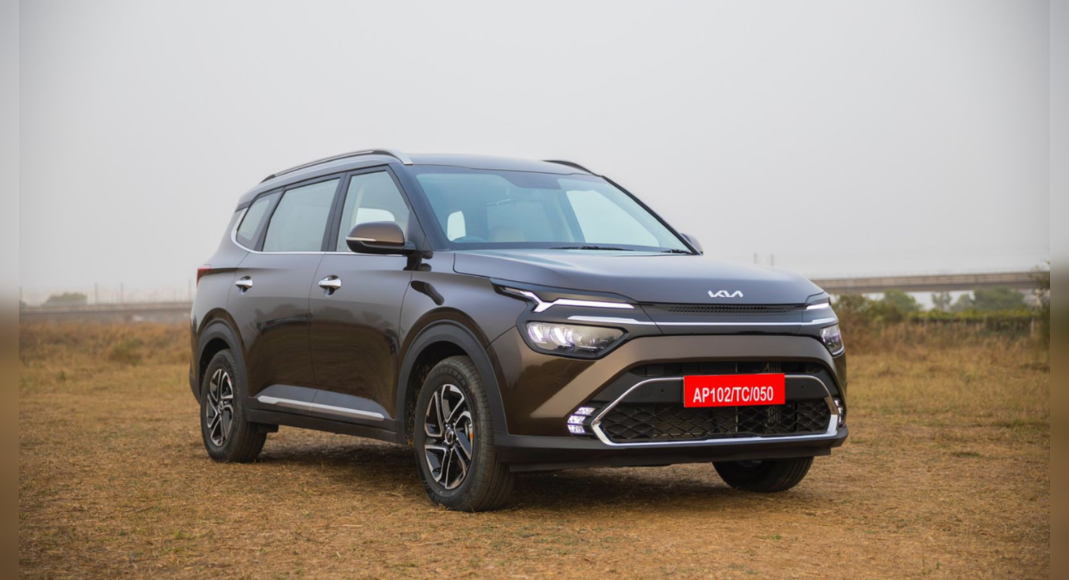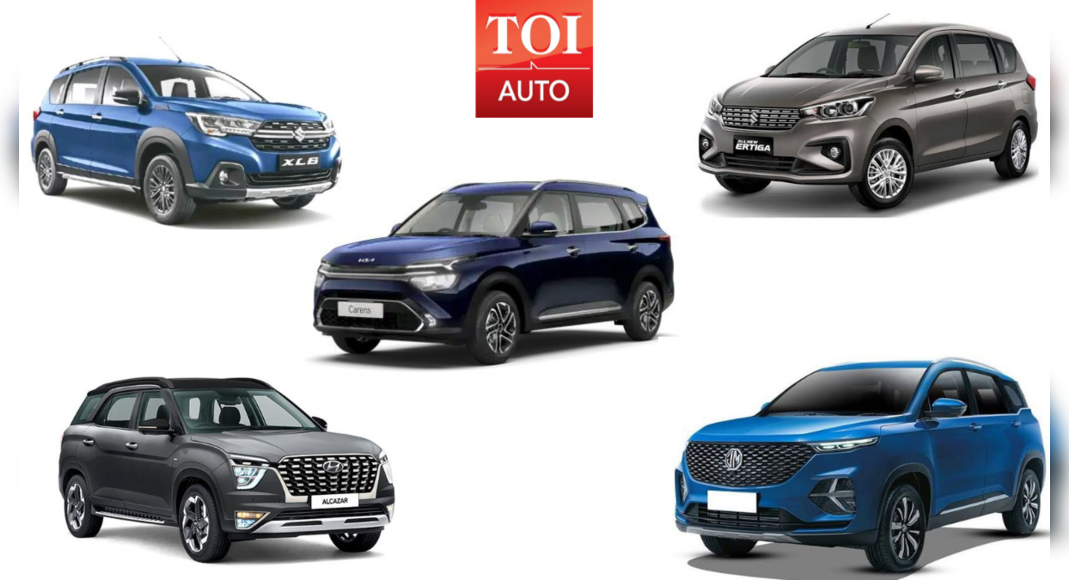Swedish Scania’s commercial vehicle manufacturer in collaboration with the provider of Flixbus and Gas Supplier Gasum Mobility, has launched the first distance coach to run on biogas, operating between Stockholm and Oslo.
Scania said the coach, which was powered by Liquid Biogas (LBG), would reduce the effects of the climate and contribute to fossil-free transportation between two Nordic capital.
Biogas is currently used in compressed form especially by city buses, cars and light transportation vehicles, but so far less competitive for heavy long-range vehicles.
In recent years, technology has been developed to cool biogas to around minus 160 degrees Celsius so that they become liquid and thus more energy.
This opens the possibility of using gas for, among other things, heavy transportation, both by land and sea.
The availability of biogas will increase rapidly throughout Europe, especially because the EU decided to make fuel points available along the main European road network (TEN-T).
“As the first distance coach is powered by biogas, this is probably the most sustainable solution now,” said Johan Ekberg, head of the Scania customer unit.
Many benefits of liquid biogas: it’s fossil free, renewable, produced locally and reduces emissions.
By switching to liquid biogas produced locally as fuel in trucks or distance buses, operators reduce the climate impact of their customers and their customers more than 90 percent.
Air quality is generally also positively influenced by reducing particle emissions and nitrogen oxide (NOx), and more calm vehicles benefit the driver and passengers, and the wider community.
“Biogas is not only fuel with the lowest CO2 emissions – it also solves local waste problems, creating local work and carrying carbon and nutrition back to the ground.
This is a Swiss army knife from a circular economy,” said Jonas Strömberg, director of sustainability in Scania.
It’s been today, 17 percent of European gas grids are biogas, and increases rapidly, actively contributing to CO2 emissions cutting.
On the Swedish vehicle gas grid, share biogas is 95% surprisingly.
“Biogas will be one of the main tools for decarbonizing heavy duty transportation – especially for remote operations such as intercity and long-term reach.
Half of the European heavy duty gas fleet can be powered by biogas in 2025,” Jonas Strömberg concluded.

